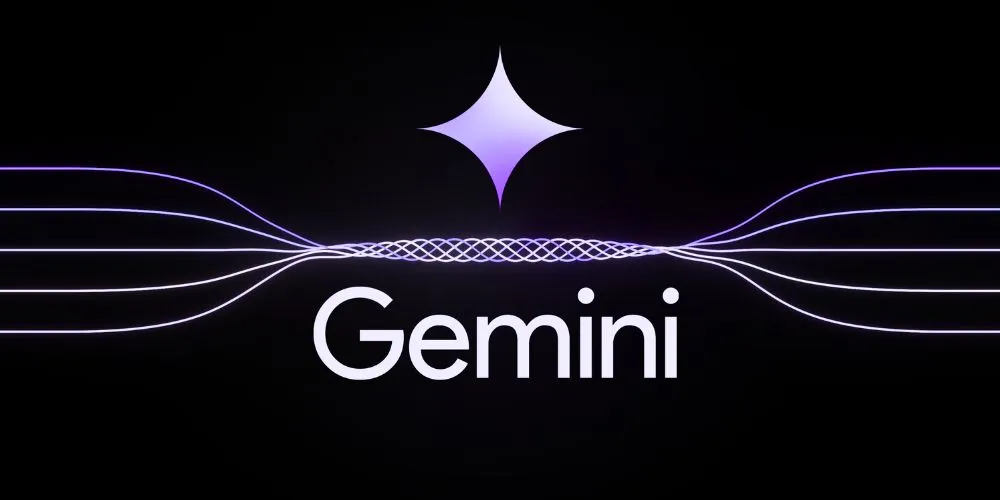Key Points:
- Google faces criticism over its AI-powered image generation tool, Gemini, for providing historically inaccurate depictions.
- Jack Krawczyk acknowledges the issue and emphasizes Google’s commitment to improving accuracy and representation.
- Past AI-related bias and stereotype perpetuation incidents contribute to concerns over Gemini’s performance.
- Google reiterates its dedication to diversity and representation, encouraging user feedback to improve its AI tools.
Google is facing criticism over its new AI-powered image generation tool, Gemini. The tool has been accused of providing historically inaccurate depictions, such as generating images of women and people of color when prompted for pictures of America’s founding fathers.
"Can you generate images of the Founding Fathers?" It's a difficult question for Gemini, Google's DEI-powered AI tool.
— Mike Wacker (@m_wacker) February 21, 2024
Ironically, asking for more historically accurate images made the results even more historically inaccurate. pic.twitter.com/LtbuIWsHSU
Jack Krawczyk, senior director for Gemini Experiences at Google, acknowledged the issue, stating that “Gemini’s AI image generation does generate a wide range of people. And that’s generally a good thing because people around the world use it. But it’s missing the mark here.” Google is actively working to improve these depictions.
In response to the concerns raised, Google announced the suspension of Gemini’s ability to generate images of people while they work on addressing the issue. This move reflects Google’s commitment to addressing bias and ensuring accurate representation in its AI tools.
This is not the first time AI has faced challenges related to diversity and bias. In the past, Google has had to apologize for its photo app incorrectly labeling images and perpetuating harmful stereotypes. Similarly, rival AI firm OpenAI faced criticism for its Dall-E image generator’s responses, which were dominated by pictures of white men in certain queries.
Jack Krawczyk emphasized Google’s dedication to addressing bias and ensuring accurate representations, particularly in historical contexts. He encouraged users to provide feedback as part of the alignment process to improve Gemini’s performance.
The claims gained traction, particularly in right-wing circles in the US, where there is existing scrutiny over alleged liberal bias on tech platforms. However, Google reiterated its commitment to diversity and representation, emphasizing its goal to reflect its global user base accurately.





